-
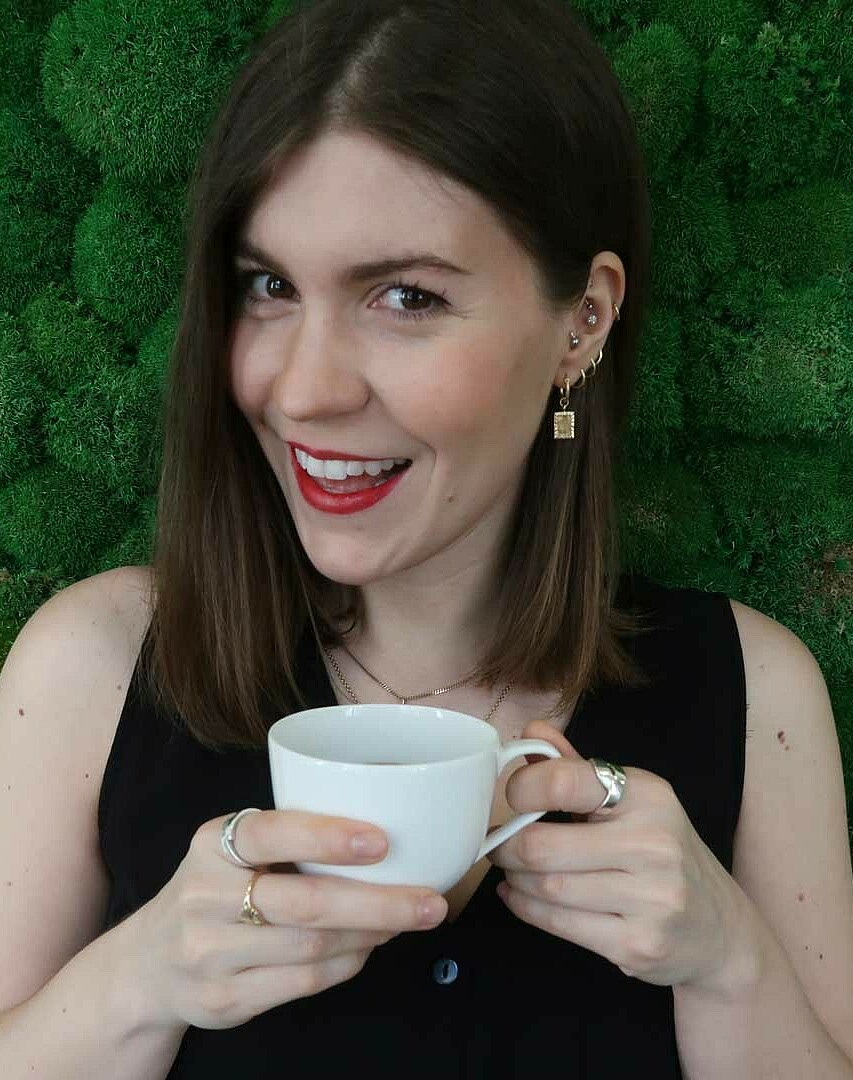
Franziska Sattler
16.06.2020"Science needs the trust of society"
Since August 2019, Franziska Sattler has been hosting the event series "Talking Science over Coffee" at the Museum für Naturkunde, Berlin's natural history museum. Every first Sunday of the month, researchers and visitors meet as a group deliberately kept small for an intimate chat about scientific topics. In this interview, the Brain City ambassador tells more about this unusual format and the importance of science communication in general.
Ms Sattler, what is your event series "Talking Science over Coffee" all about?
People can discuss a topic in relaxed groups and ask questions without feeling intimidated. On the one hand, the concept combines something that many Germans have known all their lives: spending Sunday afternoon with the family, drinking coffee, eating cake, and discussing life, the week, and current events. On the other hand, the topics revolve around science, largely unknown territory for many. For example, some of our guests have questions such as: "What do scientists actually do all day?"
In your experience, does the public feel anxious about coming into contact with scientists (or vice versa)?
I've even experienced these anxieties in my own family; I'm the first one of us to become a scientist. My parents have always supported me though and I am extremely grateful for that. However, I also know that they often didn't understand what I was doing. Sometimes they told me that they just can't understand science and that one has to be extra intelligent in order to work as a researcher. This attitude seems to be widespread. But it's not true, of course. That's why it is so important to me to bring the general public and scientists together on an equal footing. With good science communication, scientists can explain their areas of research even to primary school children in an understandable way.
What role does the informal setting of "Talking Science over Coffee" play?
It is incredibly important to me that my guests are authentic and able to chat about everyday life. Of course, the focus is always on their research. But I also want to highlight the human side of science. Drinking coffee creates the charm of "Talking Science over Coffee" and helps ensure that our visitors come back again and again. The fact that the format initially went digital due to the coronavirus pandemic has not detracted from the comfort. I meet with my guests before the event, either in a café or now currently online, so that we can get to know each other better. It's important to me to give the public the feeling that the people they're watching have known each other for a long time.
What criteria do you have to select guests?
I actively seek out scientists who interest me and whose research inspires me. I am sure that you can see that in the way I moderate the discussions. In the past, I have often invited women scientists to increase their public visibility, for example, immunologist Anna Taranko. In the future, I would like to put more effort in my guest list becoming more diverse. Berlin has so many great researchers from all over the world. I would like to reflect this diversity in the event series.
What feedback have you had so far?
Overwhelming and extremely positive. A wide variety of people are taking part, from young families to retired people. And everyone asks interesting questions. Most are surprised that so many exciting topics are being researched at the Museum für Naturkunde and our partner institutes. The feedback also shows that the event offers visitors a wonderful opportunity to relax and learn about a wide range of topics, including climate change, why insects are dying off, autoimmune diseases, and amber research.
In your view, what role should the dialogue with the public play in the work of scientists?
"Having the knowledge also means sharing it," Federal Research Minister Anja Karliczek has said. I agree 100% with that. In addition, the public is absolutely interested in science. According to the “Science Barometer” of the “Science in Dialogue” initiative, more than 70% of Germans are interested in scientific topics and about 2/3 of the respondents also expressed their trust in science and research during this pandemic. Scientists are increasingly being asked to communicate with the public. After all, the wide variety of research that's being conducted is made possible by our taxes, so the research should be made more transparent and accessible to the public. Exchange between researchers and the public should become much more common in all areas of science. Science needs the trust of society If "Talking Science over Coffee" can help ensure that our visitors leave with new knowledge and a revised image of scientists, I have achieved my goal.
During these times, scientists are often exposed to high pressure when they have to engage in dialogue with the public in addition to their research work. How can they prepare for that?
I would like scientists to learn early on in their studies how to communicate in a way that is understandable for the public. It should not be forgotten that researchers mostly only do science communication "on the side." Learning and testing science communication should be a requirement for all scientists. This also means that science communication should be valued as an activity in itself and not just seen as a side job. Workshops, training courses, and university courses would definitely be an advantage.
Currently, a lot of fake news circulating, especially on social media. Do you have any tips for distinguishing what's true and what's not?
Since I am a scientist myself and have actively done research, I understand the importance of peer reviews. A peer review is an extremely important procedure for ensuring the quality of scientific work by a team of independent experts in the same field. It is used to provide a critical review of scientific articles by experts before publication. When I see a polarizing headline or a statement in the press that amazes me or triggers an emotional reaction, my first thought is to take a critical look at the source. Where was the news posted? Is the source official, current, and recognised? In general, I find it important to doubt anything that sounds sensational or extreme, at least initially. But facts that appear credible at first glance should also be checked by comparing them on the internet and see whether other sources confirm them.
Berlin has a high density of scientific institutions, scientists, and also internationally known event formats such as the Berlin Science Week. Is the Brain City especially predestined for science communication?
What's on offer in Berlin is so extensive and diverse that there is always something inspiring going on: science slams, the Long Night of the Sciences, Berlin Science Week, and even offers on citizen science where you can do your own research. My personal impression is that the extremely diverse activities in the Brain City encourage many citizens to take part in science. They can choose what they like and what suits them. I am very grateful to live and work here and to see how my work attracts and inspires more and more people. Sometimes I can hardly imagine that there would be anywhere else better for this than Berlin.
Further Information
Talking Science over Coffee Every 1st Sunday of the month. The next dates: 5 July and 2 August 2020.

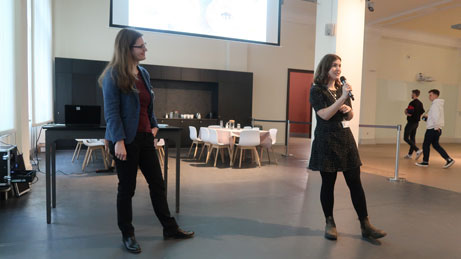
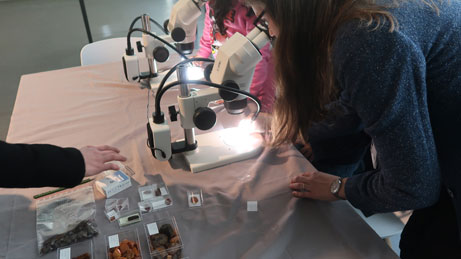
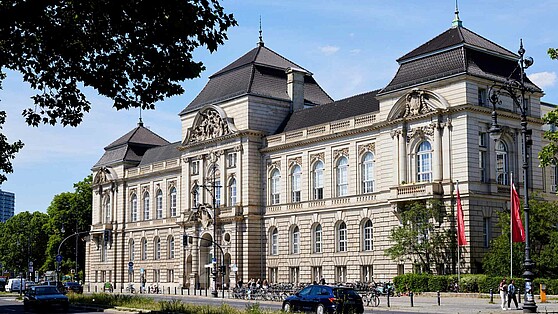
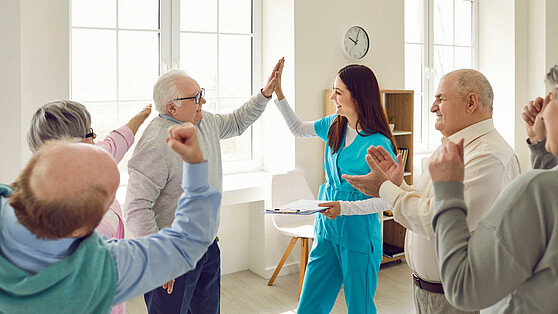

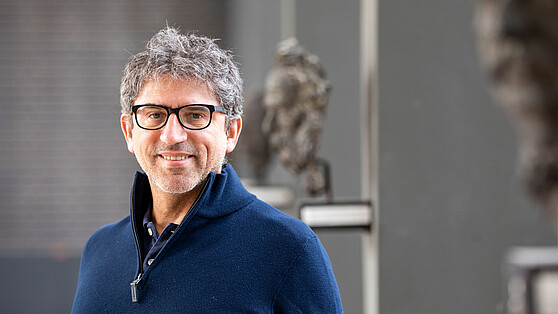
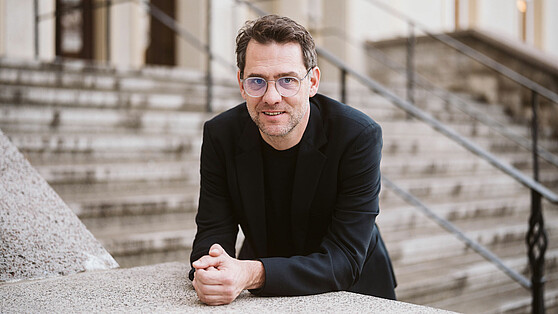




































































































![[Translate to English:] [Translate to English:]](/fileadmin/_processed_/9/d/csm_bwasihun-vdo_558x314_c0d384ce60.jpg)
![[Translate to English:] Berlin University Alliance/Matthias Heyde [Translate to English:]](/fileadmin/_processed_/5/a/csm_Berlin_University_Alliance_Matthias_Heyde-558x314_4bc591ca3c.jpg)
![[Translate to English:] David Ausserhofer/IGB [Translate to English:]](/fileadmin/_processed_/6/f/csm_Hupfer__Michael_____R__David_Ausserhofer_588x314_6fef164e57.jpg)
![[Translate to English:] Helena Lopes / Unsplash [Translate to English:]](/fileadmin/_processed_/b/6/csm_helena-lopes-1338810-unsplash_558x314_857802ad2f.jpg)
![[Translate to English:] HZB/M. Setzpfandt [Translate to English:]](/fileadmin/_processed_/f/a/csm_LNDW_HZB_558x314_e1e3500ed5.jpg)
![[Translate to English:] Tim Landgraf [Translate to English:]](/fileadmin/_processed_/0/7/csm_Car2CarEnergySharing_Tim_Landgraf_558x314_485bf716e9.jpg)
![[Translate to English:] [Translate to English:]](/fileadmin/_processed_/b/6/csm_Open-Access_Berlin-Partner_Wu__stenhagen_558x314_dd0c6e714d.jpg)
![[Translate to English:] Thomas Rosenthal - Museum für Naturkunde Berlin [Translate to English:]](/fileadmin/_processed_/6/d/csm_Museum_fu___er_Naturkunde_Berlin_Thomas_Rosenthal_f11b8ba056.jpg)
![[Translate to English:] [Translate to English:]](/fileadmin/_processed_/f/c/csm_TU_Berlin_Cem_Avsar_558x314_4b07bcb055.jpg)